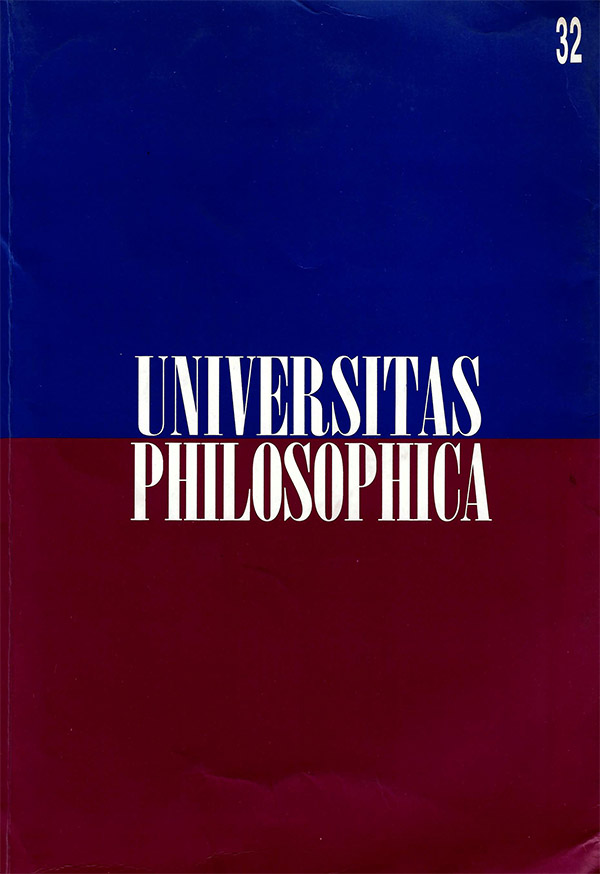Abstract
Until a decade, krausism not withstanding it german root—again and again recalled by its originator, Julián Sanz del Río— was considered a cultural phenomen almost exclusively spanish, developed between the second half of 191 century and the end of Civil War of the 20'th century, wich had also an effective influence in Latin America. The discovery by the spanish searcher Enrique Méndez Ureña S.J. of a series of articles by Karl C.F. Krause, published in 1811 has shown connections (much more profund that those up to now known) between the german Krause's disciples and the spanish ones. The author offers an overview of the developement of krausian studies, their differnt nuances and relationships. Finally he opens a new chapter in the research of the influence of krausism in Colombia concretely in the educacional project of Gimnasio Moderno, showing the conection between this important high school and the Institución Libre de Enseñanza, core of spanish krausism.
This journal is registered under a Creative Commons Attribution 4.0 International Public License. Thus, this work may be reproduced, distributed, and publicly shared in digital format, as long as the names of the authors and Pontificia Universidad Javeriana are acknowledged. Others are allowed to quote, adapt, transform, auto-archive, republish, and create based on this material, for any purpose (even commercial ones), provided the authorship is duly acknowledged, a link to the original work is provided, and it is specified if changes have been made. Pontificia Universidad Javeriana does not hold the rights of published works and the authors are solely responsible for the contents of their works; they keep the moral, intellectual, privacy, and publicity rights.
Approving the intervention of the work (review, copy-editing, translation, layout) and the following outreach, are granted through an use license and not through an assignment of rights. This means the journal and Pontificia Universidad Javeriana cannot be held responsible for any ethical malpractice by the authors. As a consequence of the protection granted by the use license, the journal is not required to publish recantations or modify information already published, unless the errata stems from the editorial management process. Publishing contents in this journal does not generate royalties for contributors.


